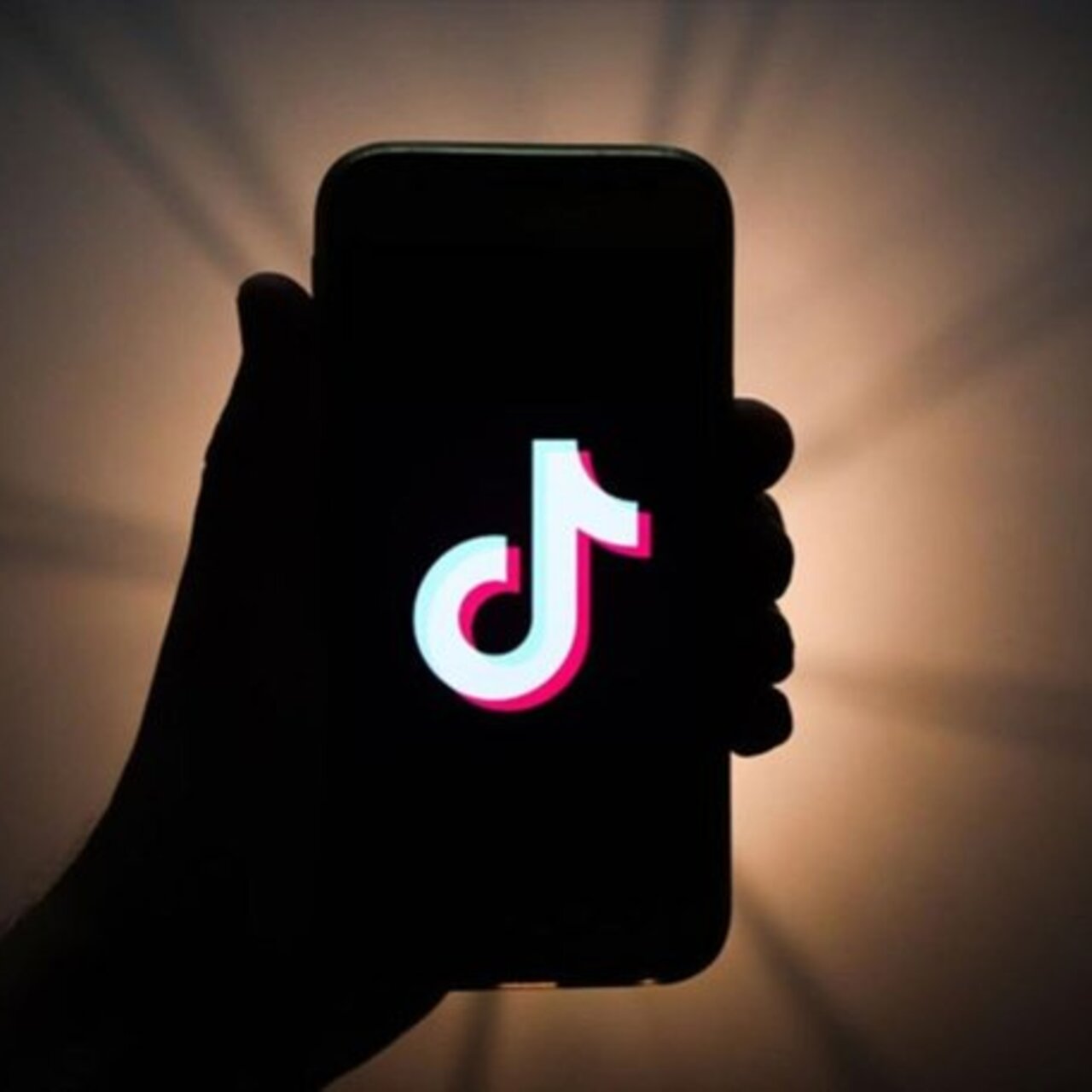The US’s ban on TikTok has become a matter of great debate due to the security of the social media platform’s user data and national security concerns. The Biden administration has given TikTok until January 19, 2025 to end its entire relationship with China’s ByteDance. Otherwise, TikTok will be banned in the USA and will not be accessible to users. TikTok took action to prevent this ban and initiated legal proceedings.
While US President Donald Trump, who was elected for the second time in the US elections held last month, continues his harsh policies against China, he had a meeting with TikTok CEO Shou Zi Chew at his Mar-a-Lago mansion in Florida regarding TikTok’s plans to ban it in the US. came together.
This meeting followed TikTok’s emergency appeal to prevent it from being banned in the US.
DEADLINE 19 JANUARY 2025
The Biden administration has stated that TikTok has national security concerns due to its potential to share user data with the Chinese government. Therefore, it gave TikTok until January 19, 2025 to end its entire relationship with China’s ByteDance. If TikTok does not end its relationship with ByteDance during this period, the platform will be banned in the United States and will be blocked from access by users.
TIKTOK’S REACTION AND LEGAL FIGHT
TikTok opposed the Biden administration’s decision, arguing that this ban was against the freedom of expression in Article 1 of the US Constitution and the US’s “open internet” policy. The company initiated legal action to prevent the ban and appealed to the US Supreme Court, requesting a temporary injunction. TikTok stated that it plans to take various measures to ensure the security of user data.
The widespread use of social media platforms has become an important tool for users to express themselves and share information, with many risks threatening the security of personal information. However, misuse of these tools can lead to problems such as privacy violations, fake accounts, and other illegal activities. The US ban on TikTok has once again revealed the importance of legal regulations regarding the security and ethics of social media use.
WHAT WILL BE THE FUTURE OF TIKTOK IN THE USA?
The US ban on TikTok has increased the debate about the security of social media platforms and the protection of user data. TikTok’s legal fight and the subsequent Donald Trump Shou Zi Chew meeting also signaled that an agreement could be reached before the deadline of the law approved by the Biden administration. According to the decision, TikTok, which has approximately 1 month left, continues its efforts to convince the new president of the USA that it will take precautions and to secure its future in America through legal means.
TRUMP PARTIALLY OPPOSES THE BAN
Trump opposes the ban, although he supported one in his first term, in part on the grounds that it could help Facebook, which he blames for helping him lose the 2020 election.
But Trump’s second term will not begin until he takes office on January 20, one day after the deadline specified in the law.
In its application to the Supreme Court on Monday, TikTok asked for a ‘modest delay’ in implementing the ban to “create breathing room” for review by the Court and to allow the incoming administration to “consider this matter”.
He described TikTok as “one of the most important speech platforms” in the US and said the ban would cause “immediate irreparable harm” to the company and its users.
Earlier this month, the company’s bid to lift the ban was rejected by a federal appeals court.
OFFICIAL INVESTIGATION FROM THE EU COMMISSION
The European Commission today launched a formal investigation against TikTok for alleged contravention of the Digital Services Act (DSA) in relation to TikTok’s obligation to properly assess and mitigate systemic risks to the integrity of elections. It was emphasized that this investigation was carried out specifically regarding the Romanian presidential elections on November 24.
Commission President Ursula von der Leyen said, “We must protect our democracies from foreign interference. We must act quickly and decisively, especially when there is suspicion of such interference in elections. Following serious indications that foreign actors interfered in the Romanian presidential elections through TikTok, TikTok has failed to manage such risks.” “We are now thoroughly investigating whether it has breached the Services Act. It should be clear that all online platforms in the EU, including TikTok, must be held accountable.”

